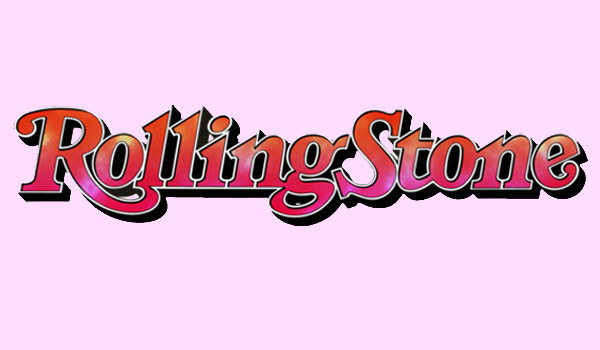Submitted by Rebekah Wilce on
 A recent Rolling Stone article documenting Koch Industries' "lucrative blend of pollution, speculation, law-bending and self-righteousness" over the last few decades has sparked a string of personal attacks on the reporter, Tim Dickinson, by "KochFacts.com" and a point-by-point rebuttal from Rolling Stone.
A recent Rolling Stone article documenting Koch Industries' "lucrative blend of pollution, speculation, law-bending and self-righteousness" over the last few decades has sparked a string of personal attacks on the reporter, Tim Dickinson, by "KochFacts.com" and a point-by-point rebuttal from Rolling Stone.
The Rolling Stone article details the polluting activities, regulatory violations and penalties, and extractive goals of a privately-held company with larger annual revenues than IBM, Honda, or Hewlett-Packard. A company whose predecessor was founded on the design of a "near carbon copy" of another company's breakthrough piece of equipment with "only tiny, unpatentable tweaks" and sold equipment and technology to Stalin's Soviet Union, and which in its current iteration did business with Iran "every single chance they had" between when President George W. Bush branded it a member of the "Axis of Evil" in 2007.
The article tells the story of the tragic deaths of teenagers Danielle Smalley and Jason Stone in a fireball after a Koch pipeline carrying liquid butane had ruptured in their neighborhood. It tells of the $30 million civil penalty imposed on Koch Industries by state and federal agencies "for 312 [pipeline] spills across six states" in the 1990s.
Many of these stories are not new. But the article paints a hard-hitting portrait of how the Koch brothers "get richer as the costs of what Koch destroys are foisted on the rest of us -- in the form of ill health, foul water and a climate crisis that threatens life as we know it on this planet."
Koch Industries Gets Riled
Predictably, Koch Industries took issue with the Rolling Stone article. What's somewhat surprising, however, is the virulence of the personal attacks against the reporter, Dickinson, who the company says "wasn't interested in being fair or honest" and who, it claims, wrote an article that was "blatantly dishonest and misleading."
What lies Dickinson allegedly told are not clear from the company's screed, however.
Each bullet point describes what the company's PR talking points are in each of the areas where Dickinson has written a detailed description of the legal and regulatory history of violations, etc. They accuse him of, essentially, not publishing those talking points verbatim in his article.
For example, the Rolling Stone article says the U.S. Environmental Protection Agency (EPA) noted that a Koch petcoke facility "had violated the Clean Air Act with petcoke particulates that endanger the health of South Side residents." Koch quotes in response from an EPA document saying that "petroleum coke itself has a low level of toxicity and that there is no evidence of carcinogenicity." But, as Rolling Stone points out in its rebuttal, "The characterization of harmful health effects in the piece comes directly from the Notice of Violation EPA sent Koch in June, citing micro-particulate air pollution emanating from Koch's Chicago terminals -- which sit near a little league baseball field and urban homes."
Rolling Stone Rebuttal
Rolling Stone notes in its response that -- despite Koch's claims that it had answered Dickinson's questions in full and he "used less than five percent of the information ... provided"
Rolling Stone requested to interview CEO Charles Koch about his company's philosophy of Market Based Management; Ilia Bouchouev, who heads Koch's derivatives trading operations, about the company's trading practices; and top Koch lawyer Mark Holden about the company's significant legal and regulatory history.
"The requests to speak to Charles Koch and Bouchouev were simply ignored. Ultimately, only Holden responded on the record, only via e-mail and only after Holden baselessly insinuated that I had been given an 'opposition research' document dump from the liberal activist David Brock. (This is false.)"
The response then goes on to rebut "what can kindly be called Koch Industries' distortions."
One of the main Koch criticisms, the response suggests, is that Dickinson did not "not adequately do... their own PR for them."
Perhaps the most telling part of the Rolling Stone rebuttal is the most personal, responding to one of Koch's several personal attacks on the journalist:
"I find it, frankly, amusing that a company that has been convicted of six felonies and numerous misdemeanors; paid out tens of millions of dollars in fines; traded with Iran, and been so reckless in its business practices that two innocent teenagers ended up dead, attempts to impugn my integrity, and on the basis of my association with Mother Jones -- where I worked as an editor in the late 1990s and early 2000s, on a team that was twice nominated and once awarded a National Magazine Award for General Excellence."
For a company with that kind of legacy, personal attacks on members of the media who report on its track record are perhaps not surprising.
